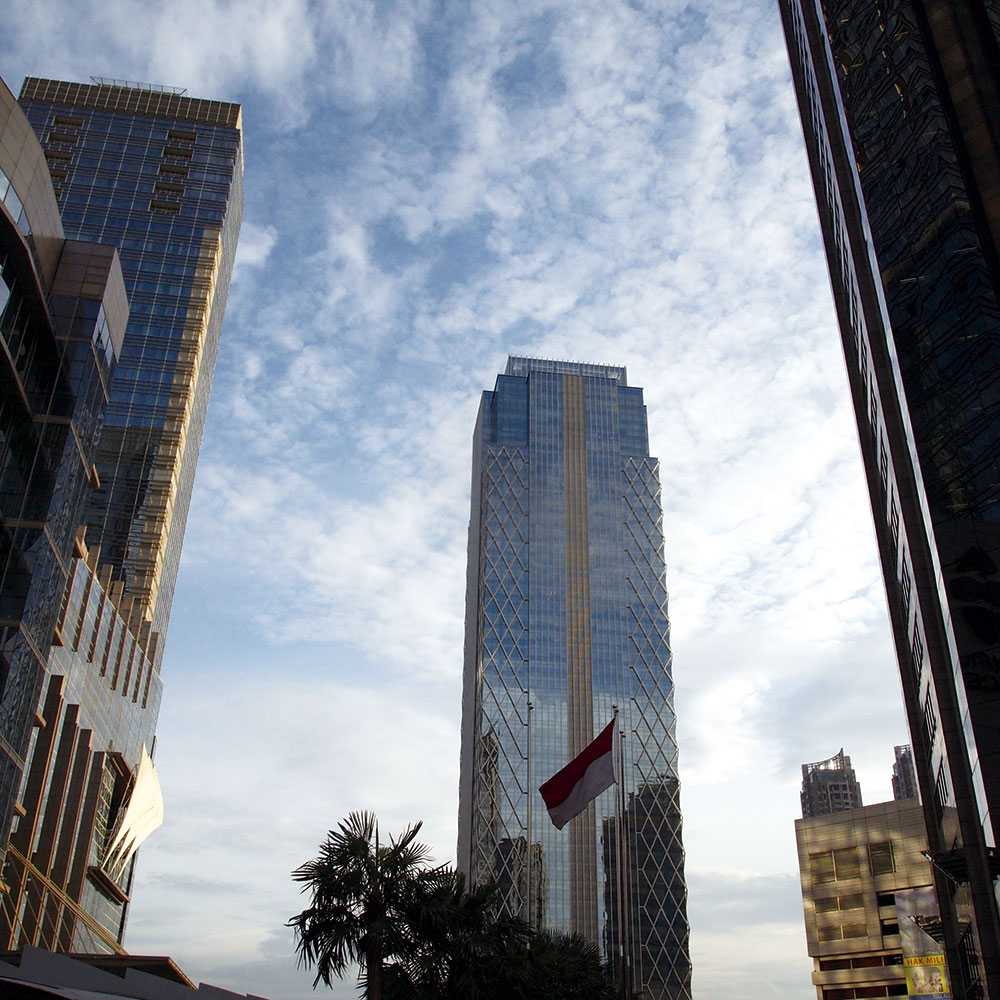
Menara Imperium, 30th Fl. Jl. H.R. Rasuna Said Kav. 1 Jakarta 12980, Indonesia
Tel: (62-21) 831-5005, 831-5025 Fax: (62-21) 831-5015, 831-5018
E: haris@lgslaw.co.id • indra@lgslaw.co.id W: www.lgslaw.co.id
 On January 23, 2017, Indonesia’s Minister of Energy and Mineral Resources introduced a regulation that limits room for negotiation and risk allocation in power purchase agreements (PPAs).
On January 23, 2017, Indonesia’s Minister of Energy and Mineral Resources introduced a regulation that limits room for negotiation and risk allocation in power purchase agreements (PPAs).
Regulation No. 10 of 2017 on the Basic Provisions of Electricity Sales Purchase Agreement (Regulation 10/2017) contains a number of provisions that are articulated in expansive terms and, bar some mandatory provisions, are subject to detailed provisions in the individual power purchase agreement.
Scope of applicability
The regulation applies to independent power purchase between Indonesia’s state-owned Perusahaan Listrik Negara (PLN), as the buyer, and electricity producers, as the seller for all types of power plants, including geothermal, biomass and hydro, that have not entered bid-closing stage. Regulation 10/2017 does not retroactively apply to existing IPP agreements.
Electricity purchase project structure
Under Regulation 10/2017, IPP project structure must now use the Build Own Operate Transfer structure. The mandatory asset transfer at the end of the project life seems to depart from previous generations of power purchase agreements, wherein PLN and the power producer were free to negotiate alternative structures that could enable the latter to retain project assets after the project ends.
Government force majeure and its effects on the project
Under Art. 8 Regulation 10/2017, PLN and the power producer seem to bear risks of government force majeure events, defined as changes in policies or regulations. However, the Indonesian government’s regulatory authority is expansive and could affect a broad spectrum of the project’s financial model components, such as labour costs, land acquisition, construction materials and fuel prices. Where changes in government policy leads to project termination or the plant becoming inoperable, both PLN and the power producer are discharged/released (dibebaskan) of their respective obligations (Art. 28 (7)). The release under Regulation 10/2017 seems to cover all of PLN’s obligations and does not seem open for contractual modification. This might be contrary to current practices, where in certain qualifying projects under the Fast Track Programme II (FTP II) or public-private partnership (PPP) in the electricity sector, political risks are absorbed by the government through a government guarantee scheme, either in the form of business viability guarantee or PPP guarantee (as applicable).
Performance security
While previously the performance security scheme varied from one project to another, Regulation 10/2017 now explicitly stipulates three stages of performance security where the first stage will cover the seller’s performance from the signing of the PPA to financial closing; the second stage will cover the seller’s performance from the signing of the PPA to commissioning; and, lastly, the third stage will cover the seller’s performance from the signing of the PPA to the commercial operation date.
PLN’s failure to absorb produced power
Art. 6 (2) of Regulation 10/2017 implies that PLN is not obligated to pay for electricity when a force majeure disrupts its grid, and as a result becomes unable to absorb the power made available by a plant. The implication is that power producers will have to share risks that they are unable to manage. Regulation 10/2017, however, allows for PLN and power producers to agree on the details of this under the PPA, therefore allowing some flexibility.
Penalty
The regulation provides that a PPA may provide for penalties. Under Indonesian law, penalty payments are expressly allowed (Art. 1304 through 1312 Civil Code) and, depending on the contract, penalty payments may apply in addition to or instead of other obligations. Penalties may be imposed for (Art. 22 Regulation 10/2017):
- Delays in reaching commercial operations date, paid as liquidated damages;
- Power unavailability, paid as availability factor or outage factor;
- Shortfall between agreed and actual heat rate;
- Failure to maintain frequency or reactive power requirements; or
- Failure to meet the ramp rate.
Restrictions on transfer of shares
Article 24 of Regulation 10/2017 restricts share transfer in the power producer company prior to the commercial operation date, except transfer between a project sponsor and its affiliates (which must be 90 percent owned). The regulation does not expressly contemplate for share transfer between co-sponsors (eg, transfer between consortium of sponsors). Any transfer of shares after commercial operation date must be approved by PLN and reported to the Minister of Energy and Mineral Resources.

















